Many are slowly trying to unwind their positions, without causing the market to drop too quickly by selling in a precipitous fashion. They are watching for any sign of regulatory troubles in China, such as a critical article in a state-run journal, or the initiation of an investigation, which can wipe out billions more of their dollars overnight.
Xi Jinping’s aggressive policies are the cause of the market rout in China. Investors unwisely ignored his threats of war against the United States and Australia, and actual territorial incursions, including in air and maritime space, against Taiwan, Japan, India, Bhutan, and the Philippines over the past decade. Now that Xi’s actions are against corporations and are wiping out more than a trillion dollars of market value virtually overnight, investors are finally, and rightly, taking notice.
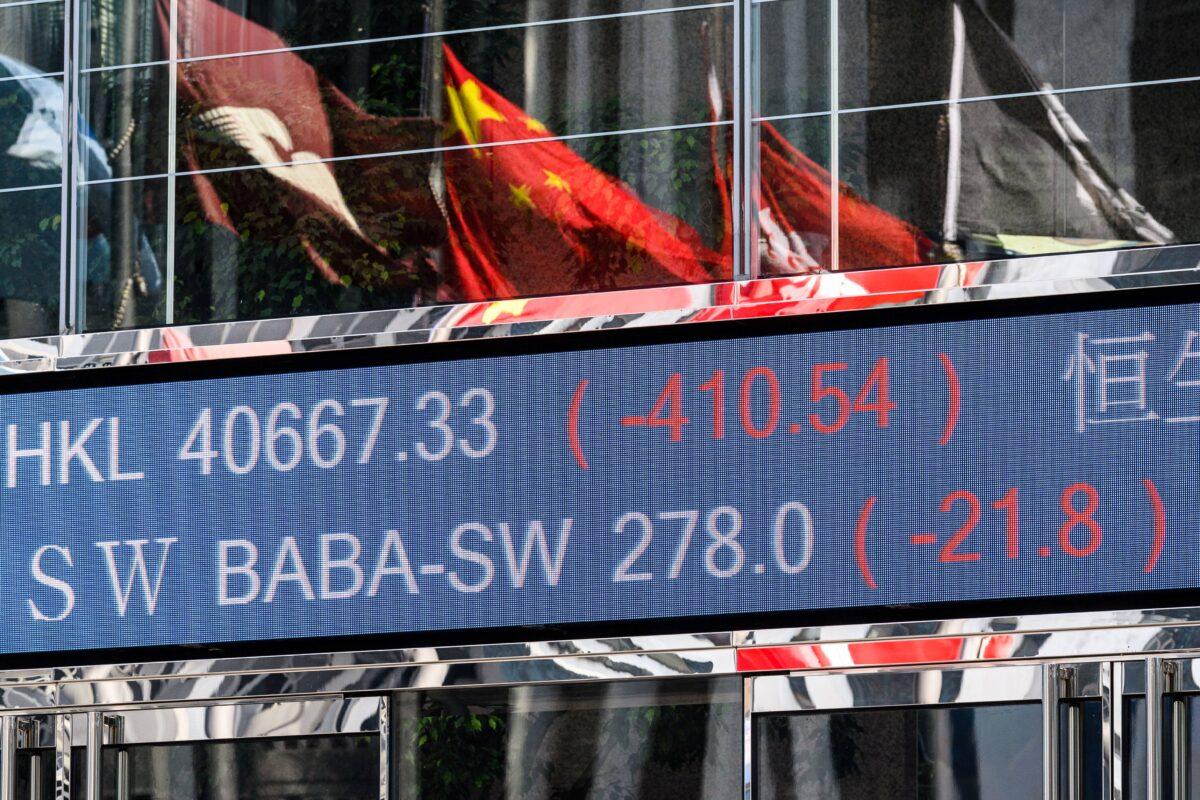
This expensive lesson for investors is helping them realize that their Econ 101 class, and its knee-jerk free trade liberalism, ill-prepared them for political risks at the extreme end of competition, including hot wars, trade wars, tech wars, and influence wars. The perfect information, rational preferences, and independence assumptions of simple economic modeling that is naive to politics, are simultaneously violated in this brave new world of economic predation that Xi is ushering.
China tries to exploit free-market language to insert its predatory exports into unwary economies globally. But China is anything but free, as should be clear from its enslavement of Uyghur labor and theft of up to $600 billion of U.S. intellectual property annually.
Rational actors should no longer allow China to use these unnatural advantages to wipe out their indigenous corporations’ market share, revenues, research, and development. Down that path lies yet more Chinese economic power, with which comes political power. Power tends to concentrate, which should have all of us around the world particularly concerned if that power is concentrating in such an illiberal capital as Beijing.
The rational response is to economically decouple from this madman Xi, and his Chinese Communist Party (CCP). For the time being, that means decoupling from China, until the country can get its act together and cease its predatory behavior against neighbors and trading partners. The country is so powerful already, however, that doing so will require unified and focused action by a coalition of the world’s most powerful democracies, along with friends and allies such as Vietnam and Saudi Arabia, that want to retain their independence and sovereignty from Beijing in the long run.
The CCP’s assault on rival power bases in and around China includes not only billionaires, but religions and ethnicities such as the Uyghurs and other Turkic Muslims, Tibetans, Falun Gong, and Christians, regions such as Hong Kong, and countries such as Taiwan, Japan, the Philippines, and Australia. This aggression against others should be a warning to those large corporations around the world that are still independent.
Even if they can continue to make money in China in the short run, perhaps because the country is a massive Ponzi scheme with poor Securities and Exchange Commission reporting requirements and shell companies into which international investors pour their billions, they are funding a totalitarian government that’s threatening world peace, and ultimately, corporate market value.
The rise of China threatens this benign triad, and means that ethics and business survival not only can, but must, coincide. The international system of free trade and free markets between democracies, as we have known it since 1945, is under an existential and totalitarian threat. The assured defense of our values and long-term prosperity is now, or never.
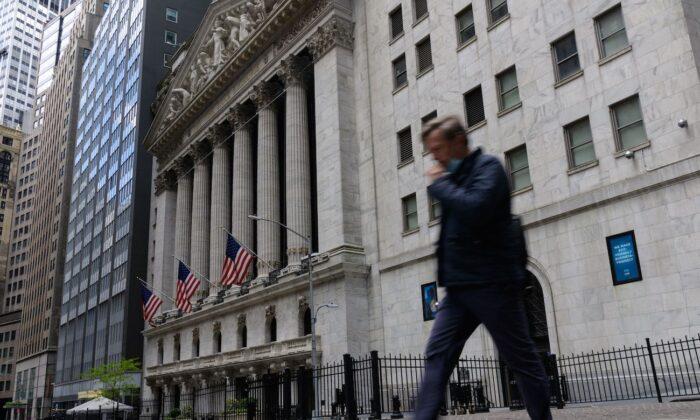


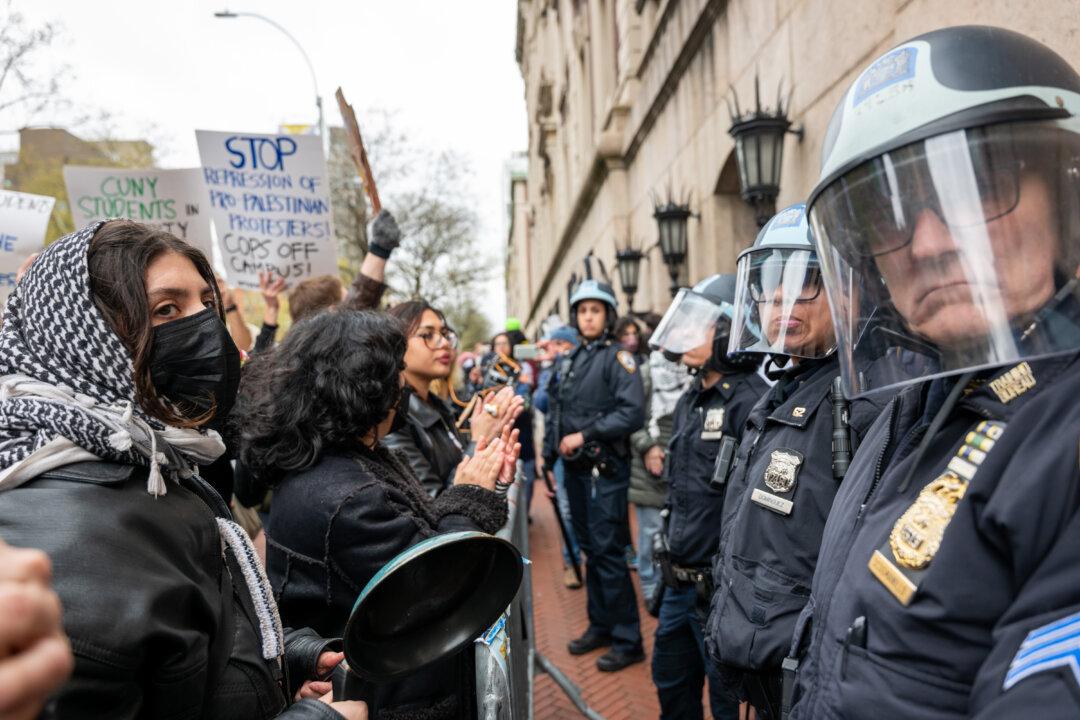
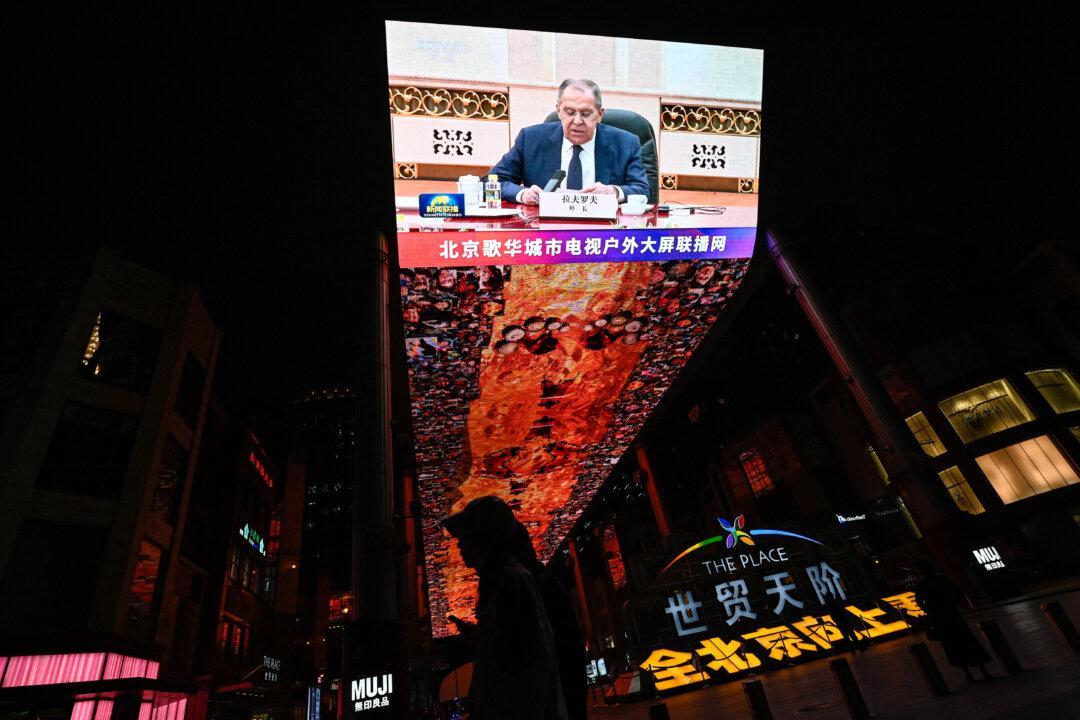
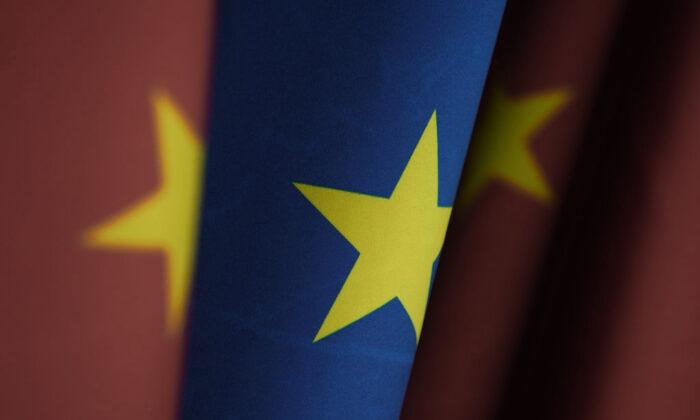
Friends Read Free